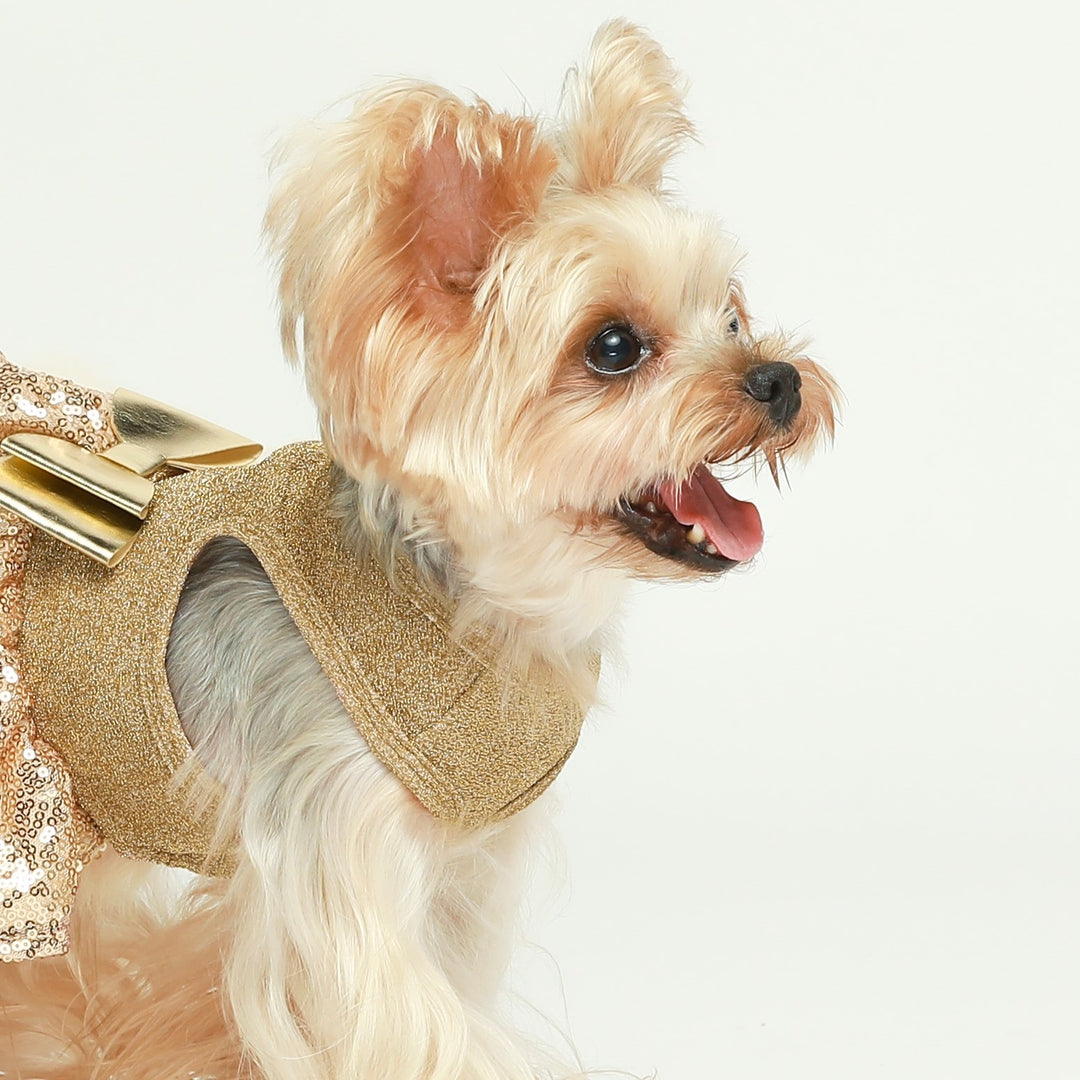Why Are My Dogs Howling?
Is Your Dog Howling at Night?
Have you ever been woken up by your dog howling in the middle of the night? While occasional howling might seem harmless, frequent or excessive howling can be puzzling—or even concerning—for dog owners. Dogs howl for a variety of reasons, from instinctual behaviors to external triggers. If your dog has recently started howling more often, especially at night, understanding the root cause is key to finding a solution.

Instagram: my.man.mochi
The Root of This Behavior
Howling is a natural behavior in dogs that originates from their wolf ancestors. In the wild, wolves use howling as a form of long-distance communication, whether to alert their pack, claim territory, or locate one another. While domesticated dogs no longer live in the wild, they have retained this instinct, and howling remains a way for them to communicate.

Instagram: motherofmexicans_
For pet dogs, howling can serve various purposes, including signaling distress, seeking attention, or responding to sounds in their environment. Some breeds, such as Huskies, Beagles, and Bloodhounds, are more prone to howling due to their genetic makeup.
Reasons for Howling
Several factors can trigger a dog's howling, and identifying the cause is the first step toward addressing it.
-
Separation Anxiety: Some dogs howl when they feel lonely or anxious, especially if they are left alone for long periods. This behavior is their way of calling for their owner’s return and can be accompanied by other signs like pacing or destructive chewing.
-
Attention-Seeking: If a dog notices that howling gets them a reaction from their owner, they may continue doing it to gain attention. This can become a learned behavior, so it’s important to reward quiet moments instead of reinforcing excessive howling.

Instagram: chorusofsnorts
-
Response to Sounds: Many dogs howl in reaction to high-pitched sounds like sirens, alarms, or even musical instruments. This is an instinctive response that mimics how wild dogs and wolves communicate across long distances.
-
Territorial Behavior: Dogs may howl as a way of alerting their owners to potential intruders or unusual activity near their home. This type of howling often comes with barking and an alert posture, signaling that the dog is in guard mode.
-
Medical Issues or Pain: If a dog is howling excessively and there are no obvious external triggers, it could be a sign of discomfort or illness that requires veterinary attention. Pain, cognitive decline in older dogs, or underlying health issues can all contribute to unexplained howling.
What’s the Solution for Howling?
Once you identify why your dog is howling, you can take steps to reduce or eliminate the behavior.
-
Ignore Attention-Seeking Howling: If your dog howls for attention, avoid reinforcing the behavior by reacting. Instead, reward them when they are quiet and calm.
-
Provide Comfort for Anxious Dogs: If separation anxiety is the cause, try leaving an item with your scent near their bed, using a white noise machine, or gradually training them to feel comfortable being alone at night. Soft, cozy dog clothes can also provide comfort, making them feel secure and reducing anxiety.

Instagram: minniepennyb
-
Ensure Basic Needs Are Met: Make sure your dog has access to food, water, and a bathroom break before bedtime to rule out physical discomfort as a cause of howling. If your dog is sensitive to cold, a cozy dog clothes may help them feel more comfortable and relaxed at night.
-
Reduce Sensitivity to External Noises: If your dog howls in response to sounds, close the windows, use blackout curtains, or play soft background noise to minimize triggers.
-
Visit the Vet for Health Concerns: If howling is sudden, excessive, or accompanied by other symptoms, a vet checkup is essential to rule out pain, cognitive decline, or other medical issues.
Helping Your Dog Find Peace and Quiet
Howling is a natural behavior, but when it becomes excessive, it’s important to understand the cause and address it appropriately. Whether your dog is howling due to anxiety, boredom, or environmental triggers, consistent training and proper care can help reduce unwanted howling. If the behavior persists despite your efforts, seeking advice from a professional dog trainer or veterinarian may be beneficial. With patience and the right approach, you can help your dog feel more secure and at ease, leading to a quieter and happier home.

Instagram: paco_chi_














